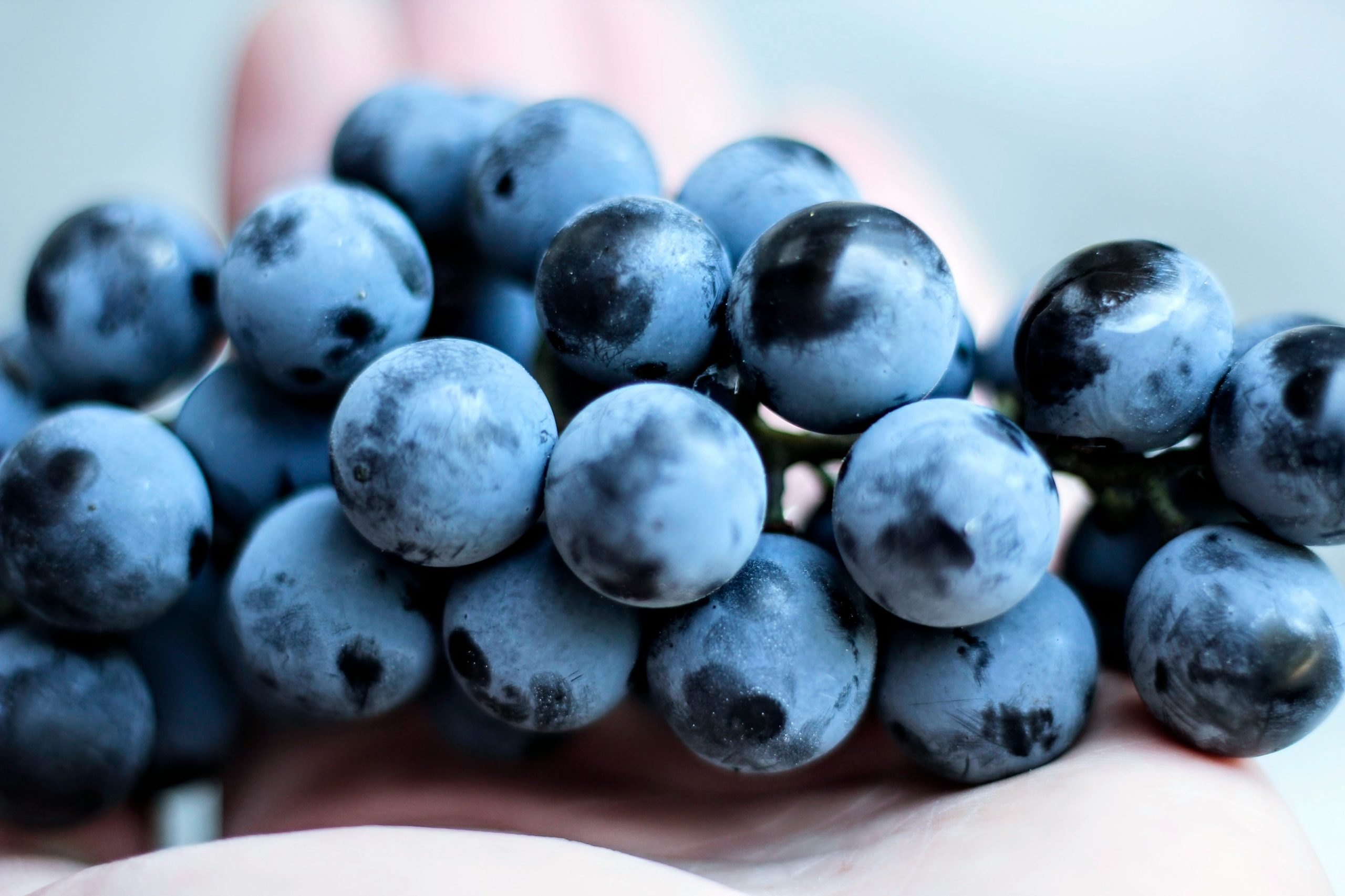A new and undoubtedly important step has just been taken in understanding the benefits of certain polyphenols.
It is known that this family of organic molecules widely present in the plant kingdom (and characterized by the presence of several phenolic groups) can have antioxidant properties that make them increasingly important in the food sector and in the prevention of very different types of disorders. Various studies carried out in recent years (as part of the search for an explanation to the “French paradox”) had led to the identification of polyphenols present in grape seeds (and in wines) as responsible for a vasodilator effect via the production of nitric oxide by endothelial cells. A few months ago, several French teams, using molecular biology techniques, published in PLoS One the identification of one of the mechanisms involved in this phenomenon via the activation of the α subtype of the estrogen receptor (ERα), also known to stimulate the carbon monoxide pathway in these same endothelial cells (Swiss Medical Review of February 17). Another key is now identified by researchers from Ohio University and the French National Institute of Health and Medical Research (Inserm) respectively led by Carlo M. Croce and Norbert Latruffe (Inserm unit “lipid, nutrition, cancer”, Dijon). The objective of these researchers was to study the anti-inflammatory and anticancer properties of resveratrol. In an article published in the September issue of the journal Carcinogenesis,1 these researchers announce the discovery of a new signaling pathway showing that this well-known dietary phytophenol (notably present in red wines) modulates the expression of micro-RNAs involved in the inflammatory response and in the genesis of cancerous processes. It is known that resveratrol is a polyphenol synthesized in large quantities in grape seeds. “Its presence in the fruit is the result of a reaction of the plant against a common infection due to the fungus Botrytis cinerea,” Inserm specifies. Epidemiological and experimental studies have shown that resveratrol acts on the body as a preventive agent for cardiovascular diseases as well as certain cancers. It is one of the key molecules of what has been called the “French paradox”. However, the mechanisms that would explain these particular properties have not yet been elucidated.” Source of the article: https://www.revmed.ch/revue-medicale-suisse/2010/revue-medicale-suisse-263/a-la-recherche-des-vertus-du-resveratrol






